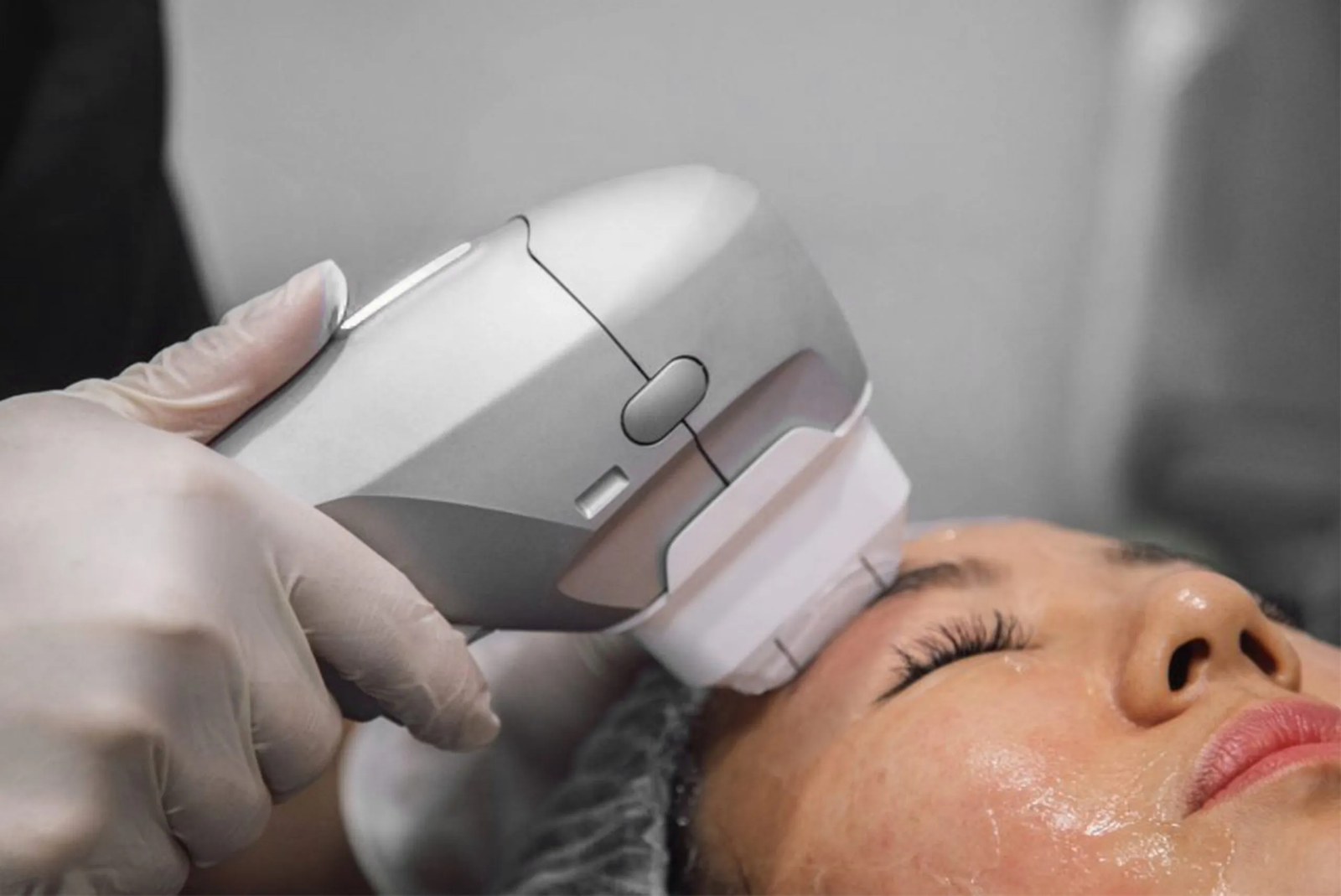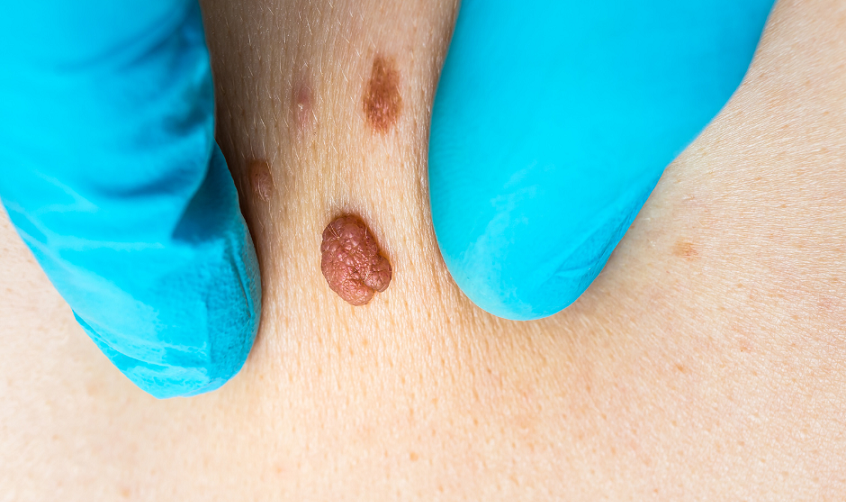Teething is a developmental milestone that marks the beginning of your baby’s journey toward a full smile. As joyful as this stage may seem, it often brings significant discomfort for little ones and plenty of sleepless nights for their parents. The process of emerging teeth can be painful, causing irritability, drooling, chewing, and even disrupted sleep.
For parents and carers, it can be heart-wrenching to see a baby in distress. Fortunately, there are many kind and effective techniques available to soothe teething babies and ease their discomfort. In this blog, we’ll explore gentle, practical solutions that can help your little one feel more comfortable and settled during this stage.
Understanding the Teething Process
Before diving into remedies, it’s essential to understand what teething involves. Most babies begin teething between 4 to 7 months of age, though this can vary. The lower central incisors are usually the first to appear, followed by the top front teeth.
Common symptoms include:
- Swollen, tender gums
- Excessive drooling
- Biting or gnawing on objects
- Changes in appetite or sleep
- Mild temperature rise (not fever)
It’s important to remember that while teething may cause discomfort, it should not cause a high fever, diarrhoea, or severe illness. In such cases, it’s advised to consult a paediatrician or even an emergency dentist in Havant if there are concerns about oral infections or gum abnormalities.
Natural and Gentle Remedies
When it comes to easing teething pain, natural approaches are often safest and most effective, especially for young infants. Here are a few tried-and-true techniques parents can rely on:
1. Chilled (Not Frozen) Teething Toys
Cold can provide quick relief for inflamed gums. Use refrigerated teething rings or soft silicone toys to help numb the soreness.
Safety Tips:
- Avoid freezing hard toys, they can become too firm and damage sensitive gums.
- Always supervise your baby during use.
2. Cold Washcloth
A clean, damp washcloth chilled in the fridge can be a great soothing aid.
How to Use:
- Roll up the cloth and allow the baby to chew on it gently.
- The texture massages the gums, while the cold relieves inflammation.
3. BPA-Free Silicone Teething Rings
These are available in various textures and shapes, giving babies a safe object to chew on while helping to massage the gums.
Benefits:
- Easy for small hands to grip
- Dishwasher-safe for hygiene
- Textured surfaces enhance gum stimulation
Comfort Through Nourishment
Teething can sometimes interfere with your baby’s appetite. Offering age-appropriate, soothing food options can help.
Cold Foods for Older Babies
For babies who’ve started weaning, cold snacks can offer both nourishment and relief.
| Food Item | Soothing Benefit |
| Chilled cucumber | Natural anti-inflammatory effect |
| Unsweetened yogurt | Cooling and easy to swallow |
| Applesauce | Soft texture, mild flavour |
Always supervise your baby during meals to prevent choking.
Breastfeeding or Bottle Comfort
Sucking can be soothing, especially if the baby is unsettled or struggling with sleep.
Tips:
- Offer feeds more frequently for comfort.
- Use teething-friendly bottle nipples if necessary.

Emotional Reassurance and Physical Comfort
Pain isn’t just physical, it can be emotional too. Teething babies often need more reassurance and attention.
Ways to Offer Comfort:
- Extra cuddles and contact: Holding your baby more often provides emotional security.
- Gentle rocking: A quiet environment paired with rhythmic movement can help calm a fussy baby.
- Soothing sounds: Soft lullabies or white noise can be useful during naptime.
These methods don’t just ease discomfort; they also strengthen your bond with your baby.
Safe Use of Teething Gels and Medications
When natural techniques aren’t quite enough, parents sometimes consider over-the-counter remedies. However, it’s crucial to choose wisely.
Key Points to Consider:
- Teething gels: Use only gels specifically designed for infants. Check NHS or GP advice for safe brands and ingredients.
- Avoid gels with benzocaine or lidocaine: These can be harmful to infants.
- Pain relief medicine: Paracetamol or ibuprofen can be used in correct doses, but only under medical advice.
In certain situations, visiting a dentist in Havant can provide clarity. For example, if swelling seems excessive or teeth appear misaligned, a professional examination is recommended.
Teething Hygiene and Oral Care Tips
Even before teeth fully emerge, it’s important to start developing good oral habits.
Here’s how:
- Gum Cleaning: Gently wipe gums after feeds using a soft, clean cloth.
- Baby toothbrushes: Once teeth erupt, use a soft-bristled baby toothbrush with just water.
- Avoid sugar-filled comforters or snacks: These can lead to early tooth decay.
Creating a simple oral hygiene routine helps ease your baby into future dental care with confidence.
Creating a Calm Environment for Teething Relief
While physical remedies help relieve discomfort, the environment your baby is in also plays a crucial role in their overall comfort during teething. A calming atmosphere can help reduce stress levels, making it easier for your baby to settle, rest, and cope with discomfort.
Tips to create a soothing space:
- Use soft, dim lighting during naps and bedtime
- Maintain a consistent daily routine to provide a sense of security
- Limit loud noises or overstimulation during fussy periods
- Diffuse gentle lullabies or white noise to promote relaxation
These small adjustments can make a big difference in helping your baby feel more at ease through the teething phase.

When to Seek Professional Help
Although many teething symptoms can be handled at home, certain situations call for professional assistance..
Consult a professional if:
- Your baby has a persistent fever (over 38°C)
- There is visible pus, abscess, or extreme redness
- Your baby appears excessively tired or shows little interest in feeding.
- A tooth is coming in at an unusual angle or hasn’t emerged by 18 months of age.
In these situations, seeing an emergency dentist in Havant helps guarantee your baby gets prompt and appropriate care. Delaying treatment for more severe issues could lead to further complications.
Conclusion
Teething may be a bumpy ride, but with a little patience, care, and the right techniques, it’s possible to make the journey a lot smoother for both baby and parent. From chilled teething rings and comforting foods to emotional support and early dental care, there are countless gentle ways to support your little one through this natural process.
If you ever find yourself unsure or concerned, don’t hesitate to reach out to a trusted dental professional. At Havant, our goal is to ensure that your child’s earliest experiences with oral care are positive, calming, and supportive, helping your baby smile brighter from the very beginning.
















Leave a Reply